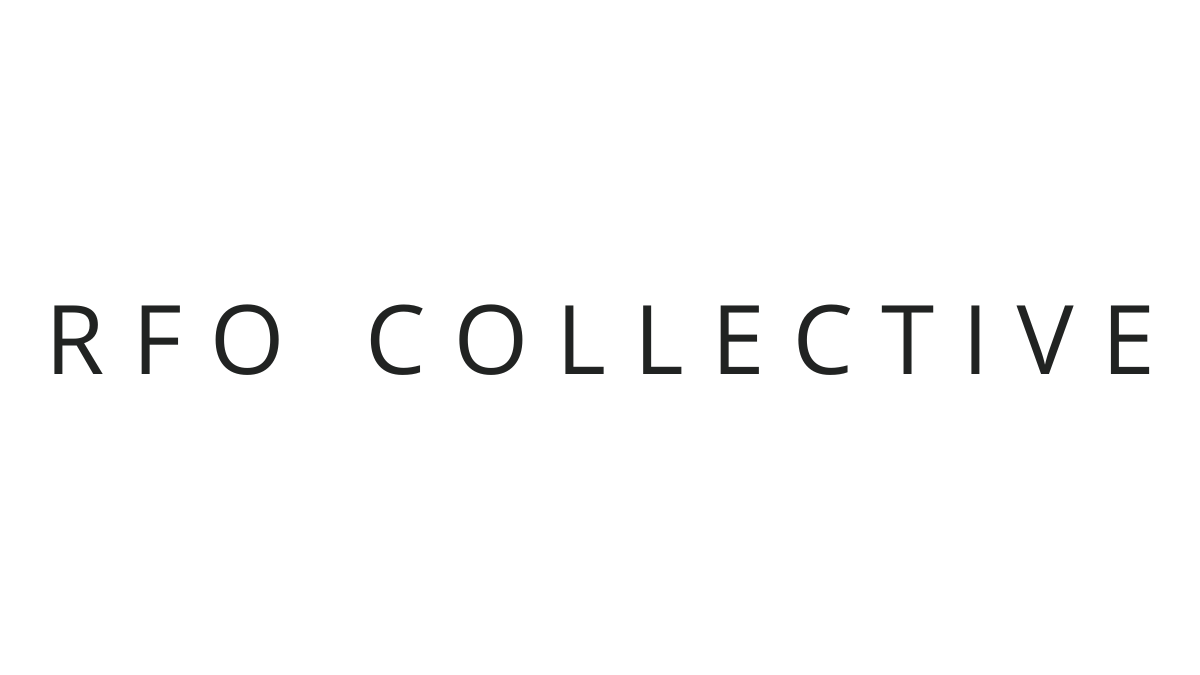Thelma & Louise: A Friendship Forged on the Run
The 1991 film "Thelma & Louise" isn't your typical story of a blossoming friendship. It's a whirlwind adventure that throws two seemingly incompatible women together, forcing them to confront their own desires and the limitations placed upon them. But beneath the road trip and rebellion lies a complex portrayal of a friendship reaching its natural endpoint.
Thelma, a meek housewife yearning for escape, and Louise, a free-spirited waitress tired of societal constraints, represent opposite ends of a spectrum. Yet, on a weekend getaway planned by Louise, a chance encounter with a threatening man ignites a chain of events that binds them together.
Their initial interactions are hesitant. Thelma, used to being controlled, struggles with Louise's boldness. But Louise sees a spark in Thelma, a yearning for something more. In one pivotal scene, Louise encourages Thelma to take the wheel of their car, a symbolic act of empowerment. "You can do anything you want to do," Louise declares. This moment of trust and encouragement lays the foundation for their unlikely bond.
As their journey progresses, they face challenges that solidify their connection. They overcome their differences, supporting each other through acts of defiance against a society that has wronged them. Thelma, for the first time, experiences a sense of agency, while Louise rediscovers her strength.
However, their actions have consequences. The line between liberation and reckless abandon blurs. Louise, grappling with the weight of their decisions, acknowledges the shift in their dynamic. "Maybe we bit off more than we could chew," she confides in Thelma. This introspective moment foreshadows the inevitable turning point.
The film's climax presents a heart-wrenching choice. Cornered by the authorities, Thelma and Louise stand at the edge of the Grand Canyon, a vast symbol of the freedom they both crave. Louise, ever the pragmatist, understands the grim reality. "It's not about how we die," she tells Thelma, "It's about how we live." Their final act, a joint decision made in solidarity, is not a celebration of rebellion, but a desperate attempt to maintain control over their fate, together.
Thelma & Louise's story doesn't shy away from the messy reality of friendship. It portrays a bond forged in extraordinary circumstances, but one that ultimately reaches a natural conclusion. While their ending is tragic, their journey highlights the importance of understanding growth and change within friendships. It acknowledges that sometimes, letting go, however difficult, can be a selfless act of love and acceptance.

